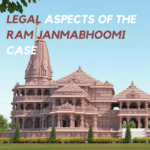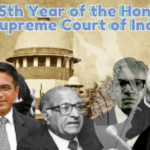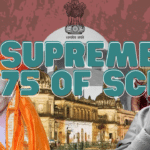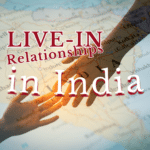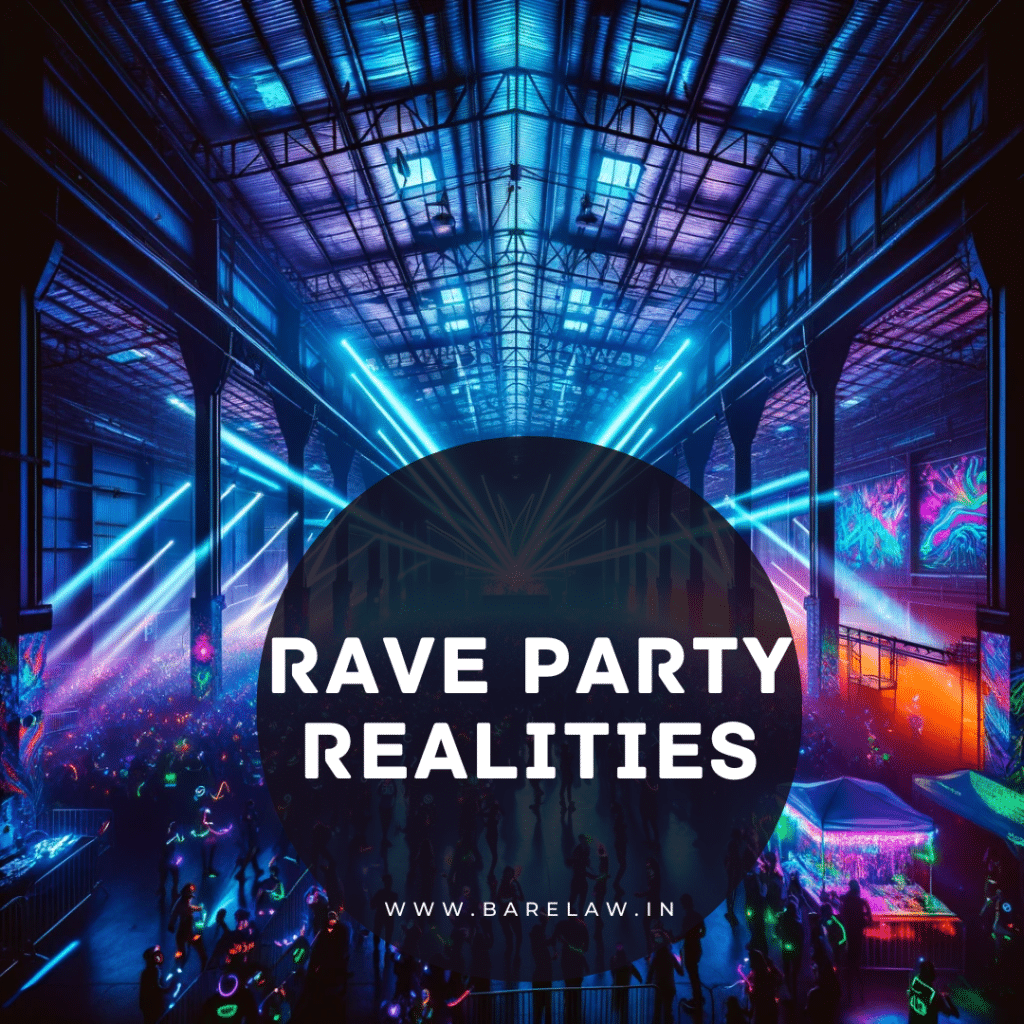
Rave Party Realities
Rave parties, known for their association with electronic music and often illicit drug use, have been a subject of legal scrutiny in India. While the concept of a rave party itself isn’t illegal, the activities that tend to take place within these events, such as drug consumption and trafficking, fall under the purview of various legal sanctions.
In India, rave parties are closely monitored by law enforcement due to the common presence of drugs like cocaine, MDMA, LSD, cannabis, and others. The presence of these substances can make a party illegal, as their sale, consumption, and possession are strictly prohibited under the Narcotics Drugs and Psychotropic Substances () Act1.
Those found indulging in activities involving controlled substances at rave parties can be booked under various sections of the NDPS Act. The NDPS Act is the primary legislation that deals with narcotic drugs and psychotropic substances in India. It includes provisions for the control and regulation of operations relating to narcotic drugs and psychotropic substances, outlines the punishment for their illicit trafficking, and provides the framework for the forfeiture of property derived from, or used in, illicit traffic2.
Apart from the NDPS Act, certain behaviors at rave parties might also attract charges under various sections of the Indian Penal Code (IPC), which covers a wide range of offenses. The IPC addresses offences affecting the public tranquility, offences against the state, and offences relating to religion, among others. For instance, if a rave party leads to a disturbance of public order or involves actions that could be seen as indecent or offensive to public morals, relevant sections of the IPC may be invoked3.
Moreover, there has been a discussion among law enforcement officials about the necessity of a specific anti-rave party law in India, as rave parties are becoming increasingly popular and are seen as tarnishing the youth. In some countries, anti-rave laws provide law enforcement with greater powers to raid such events and impose stringent punishments. As of now, India does not have a specialized anti-rave law, but officials have expressed the need for one2.
In conclusion, while the act of gathering for a party with music is not illegal, the associated activities common to rave parties, particularly those involving drugs, fall under strict legal prohibition. It is the responsibility of both the organizers and attendees to ensure that their activities remain within the bounds of the law.
